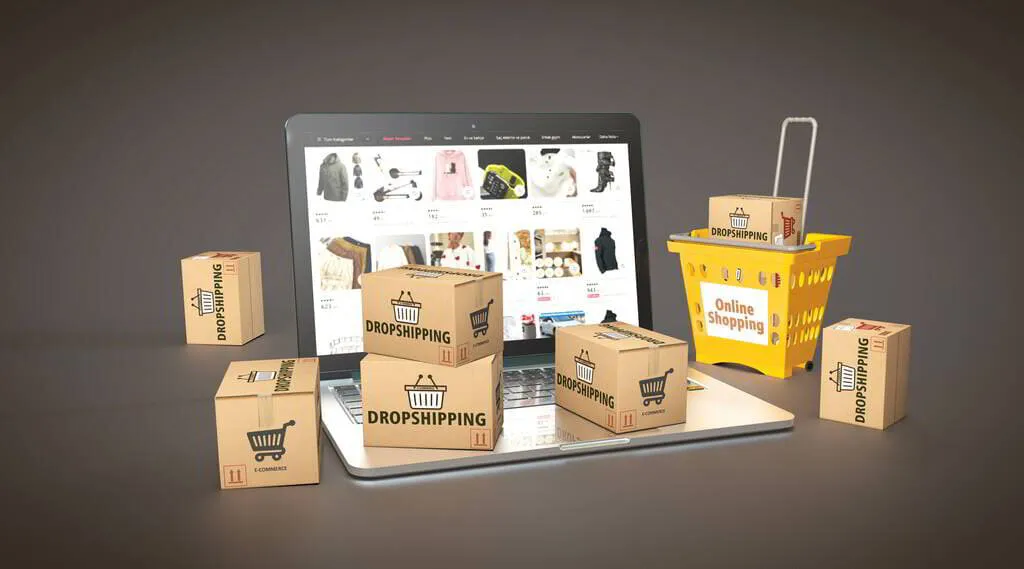The Largest Nursing Care
by
in Export/Import Sourcing Tips / E-commerce B2B Trends / SME Beginners Posted on
19/06/2024 16:00
Popular Export Categories to the Middle East Region
Middle Eastern Countries’ Import and Export Situation
The Middle East is a vibrant market with diverse economic landscapes and significant demand for various imported goods. Here is an overview of the import and export situations in some key Middle Eastern countries:
Saudi Arabia: The largest economy in the Middle East, Saudi Arabia’s GDP is heavily reliant on oil exports. However, the high consumption levels, especially in cities like Riyadh, drive a strong demand for imported goods such as machinery, food, and textiles.
Iran: With a complete industrial system, Iran’s economy is diversified but restricted by international sanctions. The country imports machinery, food, and consumer goods.
Israel: Known for its high-tech industry, Israel imports machinery, energy, and consumer goods to complement its high consumption levels and demand for high-end products.
United Arab Emirates (UAE): As one of the wealthiest countries, the UAE, particularly Dubai, serves as a major hub for trade and business. The UAE imports machinery, consumer goods, and electronics to meet the high demand from affluent consumers.
Turkey: A country with a strong manufacturing base, Turkey imports machinery and chemicals to support its automotive, textile, and construction industries.
Iraq: Post-war Iraq focuses on economic revival, importing food, machinery, and consumer goods to rebuild its infrastructure.
Lebanon: With a service-oriented economy, Lebanon imports textiles, jewelry, and agricultural products.
Syria: A war-torn country with a low consumption level, Syria imports basic necessities like food and machinery.
Popular Export Categories to the Middle East Region
China is a significant exporter to the Middle East, providing a variety of products to meet the region’s diverse needs. Here are some of the top export categories:
Electronic Products: Consumer electronics such as smartphones, tablets, and TVs are in high demand, along with industrial electronic equipment and communication devices.
Machinery: The region’s ongoing infrastructure development drives the demand for construction machinery, oil and gas extraction equipment, and power equipment.
Chemical Products: Including plastics, rubber products, and inorganic chemicals, these are crucial for the Middle East’s oil and natural gas industries.
Household Goods and Furniture: With a growing interest in quality of life, items like furniture, mattresses, and personal care products are increasingly popular.
Major E-commerce Platforms in the Middle East
To successfully penetrate the Middle Eastern market, understanding the major e-commerce platforms is crucial:
● Google: Dominates as the primary search engine.
● Yandex: Has a niche market share in the Middle East.
● Arabo: Focuses on Arabic-language searches.
B2B Platforms
● Sary: Connects wholesalers with the food industry in Saudi Arabia.
● ECVV: Targets Arab countries and India.
● TradeKey: A global B2B marketplace with a strong presence in Saudi Arabia.
Cross-border E-commerce Platforms
● AliExpress: Popular for affordable products and fast delivery.
● Noon: A local favorite in Saudi Arabia for a wide range of products.
● Amazon.sa: Formerly Souq.com, a leading online shopping site.
● Haraj: An auction-based platform connecting consumers and merchants.
Major Trade Shows in the Middle East
Participating in trade shows can be an effective way to enter the Middle Eastern market:
● The Big 5 Dubai: The largest construction and building materials exhibition.
● Dubai Beauty Exhibition: A key event for the beauty industry.
● Saudi Building Materials and Infrastructure Exhibition: A major event in the largest construction market in the region.
● 2024 China High-Tech Products (Kuwait) Exhibition: Showcases Chinese high-end products.
● Gulfood Dubai International Food Exhibition: The largest food and beverage exhibition.
● Dubai International Motor Show: Important for the automotive industry.
● Dubai International Jewellery Show: The largest jewellery exhibition in the region.
Certifications for Exporting to the Middle East
When exporting to the Middle East, several certifications ensure compliance with local standards:
● GCC Certification: Ensures products meet quality and safety standards.
● SASO Certification: Required for goods entering Saudi Arabia.
● ECAS Certification: UAE’s conformity assessment system.
● Certificate of Conformity (COC): Necessary for various countries like Syria and Iraq.
● VOC Certification: Iran’s voluntary certification system.
● SABER Certificate: Mandatory for consumer goods entering Saudi Arabia.
● GMARK Certificate: Used in Saudi Arabia for product compliance.




